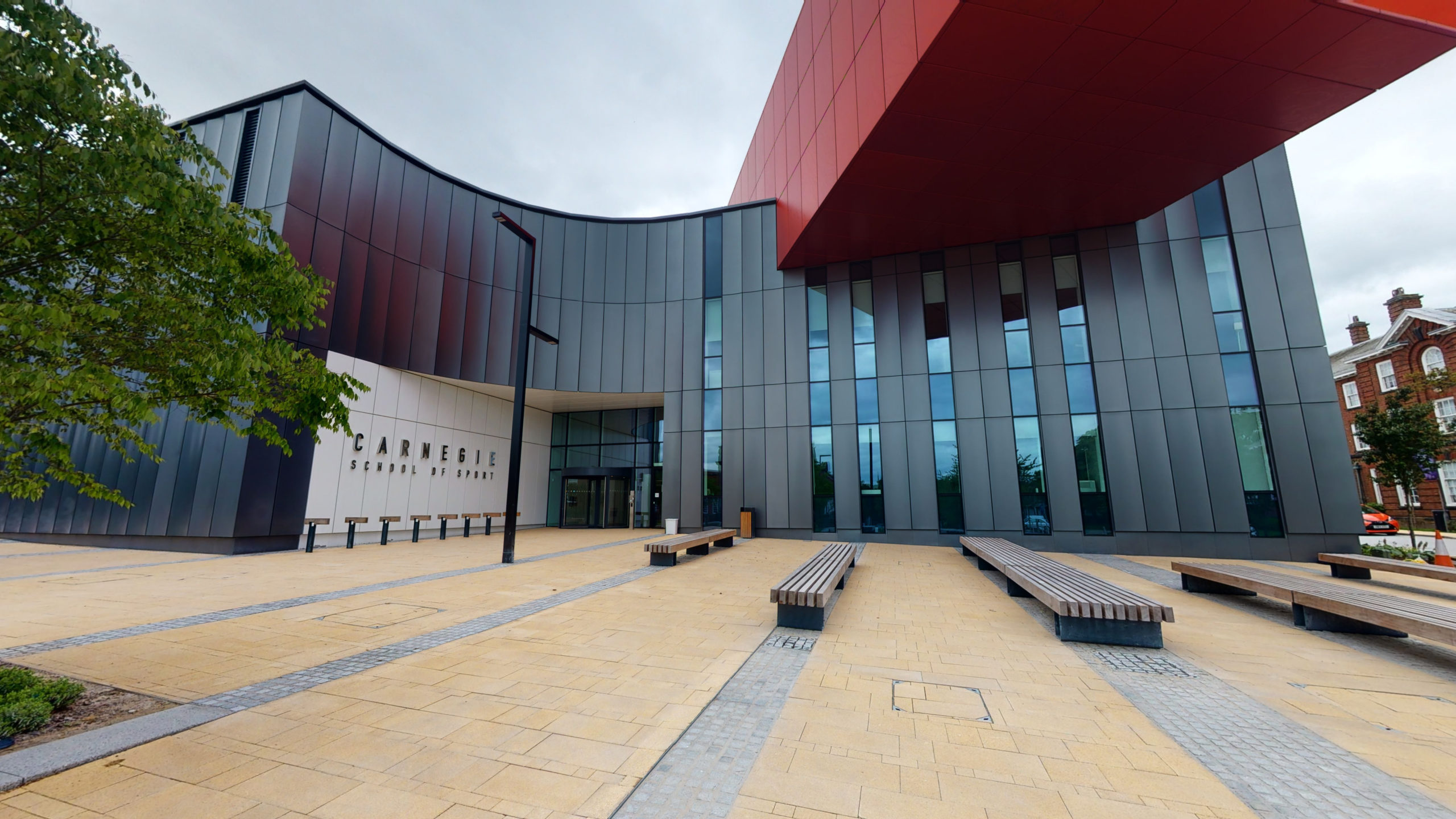- ...
Postgraduate Studentships - Search for funding opportunities.
Postgraduate Studentships - Search for funding opportunities.
If you have a general interest in psychology in the area of sport, our course will give you a grounding in the core principles of the subject. You will learn about complex issues such as the initial assessment of prospective clients, maintaining professional boundaries and analysing complex data sets. The course will encourage you to take a systematic, evidence-based and ethical approach to your work, developing your ability to apply the methods you learn to a range of clients, from athletes to sedentary populations.Whilst this course will not give you the foundation to pursue the qualification that enables you to use the titles of ‘Sport and Exercise Psychologist’, ‘Registered Psychologist’ or ‘Practitioner Psychologist’, it does provide the basis to pursue further professional qualifications from the British Association of Sport and Exercise Sciences (BASES).Due to regulations governing the practice of Health and Care Professionals, if you want to become a Sport and Exercise Psychologist, Registered Psychologist or Practitioner
Requirements: Applicants should either have at least a second class honours degree in the cognate subjects of Sport & Exercise Science, Physical Sciences, Physical Activity, Health Sciences, Psychology, Physiotherapy, Sports Therapy, Sports Coaching, Physical Education or Medicine, at least a second class honours degree in a non-cognate subject supported by evidence of an aptitude for the subject applied for, or have equivalent experience or training, normally from within the work environment.
English Language Requirement: IELTS 6.5 with no skills below
For fees and funding information please see our website
A growth in the career opportunities available for sports and exercise scientists within the past decade has fuelled the demand for appropriately qualified individuals to fill such positions. You could go on to work for National Governing Bodies, the National Health Service, English Institute of Sport or in a teaching role in further and higher education.
Sport and Exercise Scientist
Performance Lifestyle Adviser
Lecturer/Researcher in Higher Education
Exercise Intervention Facilitator
Contemporary Issues in
Examine the broad range of cutting-edge issues and trends that appear within contemporary
Study the effects of exercise on behaviour and mental health. You will consider both the positive and negative results of exercise, exploring
Learn the core skills you will need to be a successful sports psychologist. You will have the opportunity to apply the techniques you’ve studied and explore traditional and modern approaches to psychology consultancy.
Analyse the research that reveals how sport and exercise psychology has been investigated at different stages of the lifespan. Topics may include expertise, learning, cognitive development and decline.
Engage in a range of applied activities to prepare you for your future career as a sport or exercise psychologist.
Focus on the design of research projects as a way of answering questions and solving ‘real world’ problems in a reliable and valid manner.
Complete a research project of your own choosing under the supervision of a member of academic staff. Ideally you will aim to produce research of a publishable quality.

Studying a postgraduate course lets you develop a deeper understanding of your chosen subject. This has the potential to significantly increase your ...
Sign up to Postgraduate Studentships
Sign up to compare masters
Thanks for making your selection. Click below to view your comparisons.